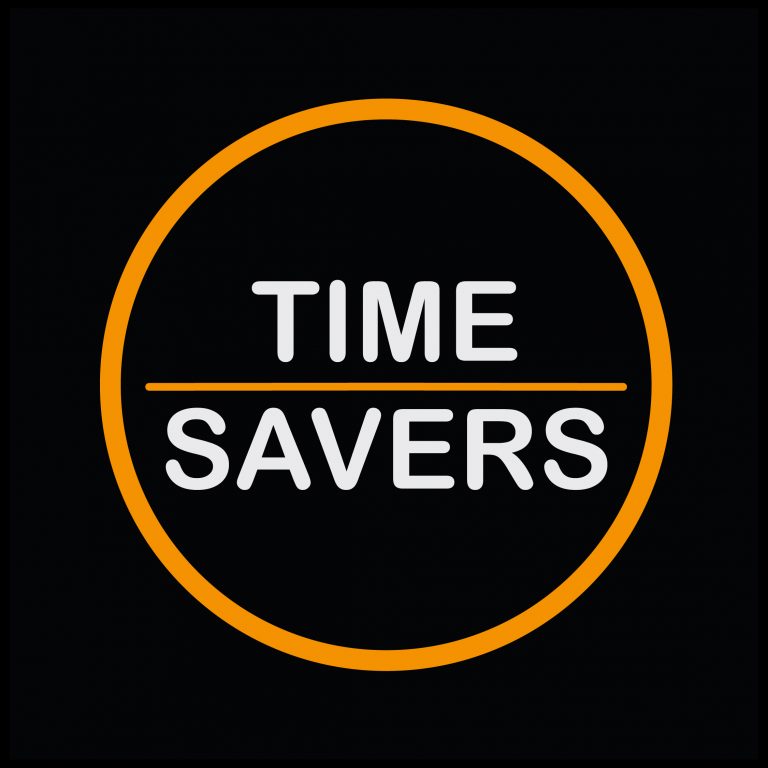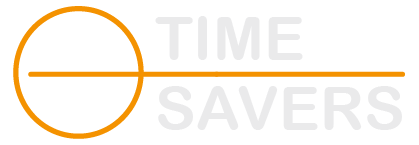Meet Our Heroes
White Leaf Nutrition isn’t just another supplement brand cluttering up your Instagram feed with generic protein powders and overhyped pre-workouts. They’re doing something genuinely different in a market that desperately needed innovation.
Based in Switzerland, White Leaf Nutrition is the country’s first supplement manufacturer capable of producing supplements on demand. That means customers can build their own formulas, tailored precisely to their individual needs, goals, and lifestyle. Whether you’re a CrossFit enthusiast looking to optimize recovery, a gym regular aiming to build lean muscle, or an active professional who just wants to feel better day-to-day, White Leaf’s customization platform lets you configure exactly what your body needs.
They offer two paths: the Standard option, which provides pre-configured supplements for common goals, and the Profi option, which opens up full customization for those who know exactly what they want. And if you’re somewhere in between? Their smart customizer guides you through the process, asking the right questions and generating a personalized formula based on your answers.
It’s a brilliant concept. But when they came to us, brilliance alone wasn’t paying the bills.
Their Goals
White Leaf Nutrition had two very different objectives, each requiring its own strategic approach.
For their standard supplements, the goal was simple: get listed on Google Shopping, dominate product ads, and achieve a minimum ROAS of 2.5x. These products compete directly with established brands like Powerfood, Nutrit Athletic, ESN, and Rocka Nutrition. Tough crowd.
For their customized supplements, the ambition was much bigger. They wanted to become the market leader in Switzerland within two years. That meant building brand awareness, educating potential customers on why customized supplements outperform one-size-fits-all solutions, and driving consistent conversions through Facebook and Instagram with a target ROAS of at least 2x.
The dual product model meant we needed two completely different campaigns running simultaneously: one focused on competitive pricing and product visibility, the other centered on education, storytelling, and personalization.
The Challenge
White Leaf Nutrition was already running paid ads when they reached out to us, but the results were painful to look at.
Their Google Ads campaigns for standard products were bleeding money. ROAS hovered between 0.8x and 1.1x, meaning they were losing money on every sale. The campaigns weren’t optimized for Google Shopping, the targeting was unfocused, and the ad copy didn’t differentiate them from the dozens of other supplement brands competing for the same keywords.
On Instagram, things were slightly better but still far from where they needed to be. Their campaigns for customized supplements were pulling a 1.5x ROAS, which is mediocre at best for a product with strong margins and a unique value proposition. The creative wasn’t compelling, the messaging didn’t clearly explain the benefits of customization, and the funnel wasn’t optimized to convert curious browsers into paying customers.
Beyond the numbers, there was a deeper issue: most people didn’t understand what made White Leaf different. Customized supplements sound great in theory, but if you don’t clearly communicate why they’re better than grabbing a tub of whey protein off the shelf, people default to what’s familiar and cheaper.
White Leaf needed a complete strategic overhaul. They needed campaigns that could compete aggressively on price for standard products while simultaneously building a brand story around customization. They needed better creative, smarter targeting, and a funnel that could educate and convert.
Our Process
We approached this project in two parallel tracks, treating the standard and customized product lines as separate campaigns with distinct strategies, creative approaches, and KPIs.
Phase One: Diagnosing the Damage and Laying the Foundation
Before we could fix anything, we needed to understand exactly what was broken.
We audited their Google Ads account and immediately spotted the problem. Their campaigns weren’t set up for Google Shopping at all. Product feeds were incomplete, images didn’t meet Google’s standards, and they weren’t bidding competitively on high-intent keywords. Worse, their standard product campaigns were targeting broad, expensive keywords that attracted tire-kickers, not buyers.
On Facebook and Instagram, the creative was generic. Carousel ads showing product shots with vague captions like “Fuel Your Performance” weren’t cutting through. The landing pages were confusing, and the customer journey from ad click to checkout was full of friction.
We also identified a major gap in messaging. The ads weren’t explaining why someone should choose customized supplements over standard ones. There was no storytelling, no education, no clear benefit. Just product features and a checkout button.
We knew we had to start from scratch.
Phase Two: Rebuilding Google Ads for Standard Products
Our first priority was stopping the financial bleeding on Google Ads.
We restructured the entire account, setting up a proper Google Shopping campaign with optimized product feeds, high-quality images, and competitive pricing strategies. We segmented campaigns by product type, created tightly focused ad groups, and bid aggressively on high-intent keywords where White Leaf had a competitive advantage.
We also launched complementary Search campaigns targeting bottom-of-funnel queries like “buy whey protein Switzerland” and “best creatine supplement online.” The goal wasn’t to reinvent the wheel. It was to show up where motivated buyers were already searching and convert them efficiently.
Within the first three weeks, we saw ROAS climb from 0.9x to 2.1x. Not quite the 2.5x target yet, but a massive improvement. We continued optimizing bids, testing ad copy variations, and refining audience targeting.
By the end of month two, we hit 2.7x ROAS consistently and maintained it moving forward.
Phase Three: Educating the Market Through Facebook and Instagram
For the customized supplements, we took a completely different approach. This wasn’t about competing on price or features. It was about changing how people thought about supplementation.
We developed a multi-phase creative strategy focused on education, personalization, and trust.
Phase 3A: Awareness and Education
We created a series of video ads and carousel posts explaining the limitations of generic supplements. One ad showed two people with completely different fitness goals, lifestyles, and dietary needs both taking the same pre-made supplement. The copy asked, “Why are you taking the same formula as someone with completely different goals?”
Another video walked through White Leaf’s customization process, showing how easy it was to build a personalized supplement in under three minutes. We wanted to eliminate the intimidation factor and make customization feel accessible, not overwhelming.
These ads targeted cold audiences across Switzerland who fit the demographic profile: active adults aged 18 to 50, interested in fitness, CrossFit, gym culture, and wellness.
Phase 3B: Retargeting and Conversion
For people who engaged with the educational content, we launched retargeting campaigns featuring testimonials, before-and-after stories, and limited-time offers. We also created ads highlighting the Standard option for people who were interested but not ready to fully customize, giving them a low-friction entry point.
We optimized the landing pages to match the ad messaging, added trust signals like certifications and customer reviews, and streamlined the checkout process to reduce drop-off.
Phase Four: Scaling What Worked
Once we had proven creative and campaign structures, we scaled aggressively.
We launched YouTube pre-roll ads featuring longer-form storytelling about the science of personalized nutrition. We tested lookalike audiences based on purchasers and high-intent website visitors. We introduced dynamic product ads to re-engage people who started the customization process but didn’t finish.
Every week, we analyzed performance data, killed underperforming ads, and doubled down on winners. We A/B tested everything: headlines, images, CTAs, audience segments, and placements.
The momentum built quickly.
Results
The transformation was dramatic.
For standard supplements, we took Google Ads from a money pit to a reliable revenue driver. ROAS improved from 0.9x to a consistent 2.8x, exceeding the 2.5x goal. Google Shopping became their highest-performing channel for standard products, driving a steady stream of orders from high-intent buyers across Switzerland.
For customized supplements, the results were even more impressive. Facebook and Instagram ROAS jumped from 1.5x to 3.4x within the first 90 days, far surpassing the 2x target. More importantly, brand awareness skyrocketed. White Leaf went from being virtually unknown in the customized supplement space to the most recognizable name in Switzerland.
Total ad spend efficiency improved by 180%, meaning every franc spent was generating significantly more revenue than before. Monthly revenue from paid ads increased by $47,000 within the first four months, and customer acquisition costs dropped by 38% as we refined targeting and creative.
But the numbers only tell part of the story. White Leaf Nutrition is now positioned as the go-to brand for personalized supplementation in Switzerland. Customers aren’t just buying products. They’re buying into a smarter, more effective way to support their health and performance.
And they’re on track to become the market leader they set out to be.






